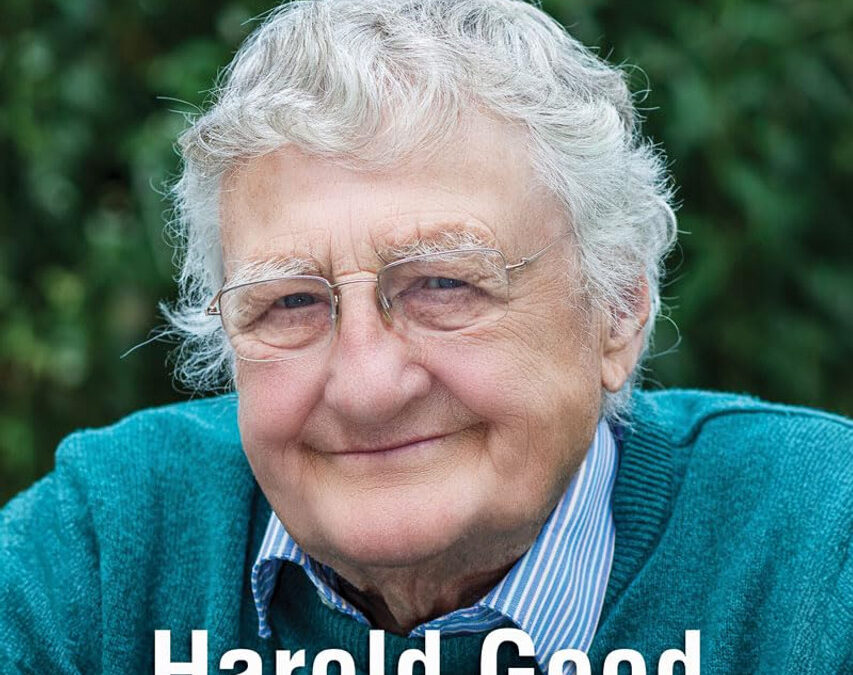I see this book as part memoir and part final testament complementing the pastoral and more public ministry to which I have been privileged to contribute in a modest way for well over half a century. A period that has seen the horrors of what we euphemistically call the Troubles with its enduring legacy of unconscionable suffering and loss and the creation of a courageous yet messy peace process that has rightly won world-wide admiration.
Therefore, it is as a preacher and pastor that I have written into the book things that I believe need to be said at this time. It is my hope that these messages may yet speak to a deeply divided and war-weary world as well as to our unhealed wounds, unresolved differences, irreconcilable narratives and our uncertain constitutional future. Let me summarise what I believe to be the key lessons which I and others have learned over these turbulent years, and which I wish to share.
- The need to TALK
I believe engaging in dialogue is a Christian imperative. By his own example, Jesus demonstrated in his own way that building relationships is a key prerequisite in any attempt at reconciliation. In engaging with people of very different backgrounds to himself, he formed relationships based on tolerance and mutual respect.
As is so wrongly perceived, being prepared to engage in such a way does not mean that one is capitulating or surrendering one’s own position.
For the architect and builder who may be entrusted with the bridging of any chasm, the first step will inevitably involve a disproportionate amount of time to an understanding of the side of the river with which he or she is less familiar.
- The need for TRUTH
To emphasise the need for honest conversation is not to be confused with the politics of condemnation, finger pointing or ‘whataboutry’. The recital of a litany of blame and denial of responsibility was something in which we became well practiced during our weary years of conflict. While for some this may provide a measure of self-satisfaction and a sense of moral superiority, I have experienced enough of such exchanges to know that they will never provide an environment in which people will listen and respond to each other with mutual respect.
Uncomfortable though such conversations may be, in every fractured relationship truth does demand acknowledgement of responsibility for what each has inflicted upon the other. For it is truth that sets us free. Not your ‘opinion’ nor my ‘opinion’, but truth, however unpalatable which is a prerequisite to TRUST.
- The need for TRUST
The level of trust of which I speak only becomes possible when people are prepared to build personal relationships, show leadership, take risks and venture out of their comfort zones.
I am very conscious of times when people of differing and diametrically opposing views sat at my kitchen table while I poured the tea. And as I listened to them, and they to each other, I was profoundly moved by the evolving spirit of trust, which broke down barriers and opened doors of understanding and new possibilities.
When addressing a variety of audiences I have spoken of the importance of a relaxed setting for serious conversations. Such as our kitchen table with a pot of tea and homemade scones. I speak of these three ”Ts” , “Talk”, “Truth” and “Trust” which are fundamental in the process of constructive dialogue. Following one such presentation, it was a frivolous but perceptive listener who called out, “Don’t forget the Tetley’s!” And how right he was.
Please note that the statements and views expressed in this article of those of the author and do not necessarily represent those of Contemporary Christianity.


Recent Comments